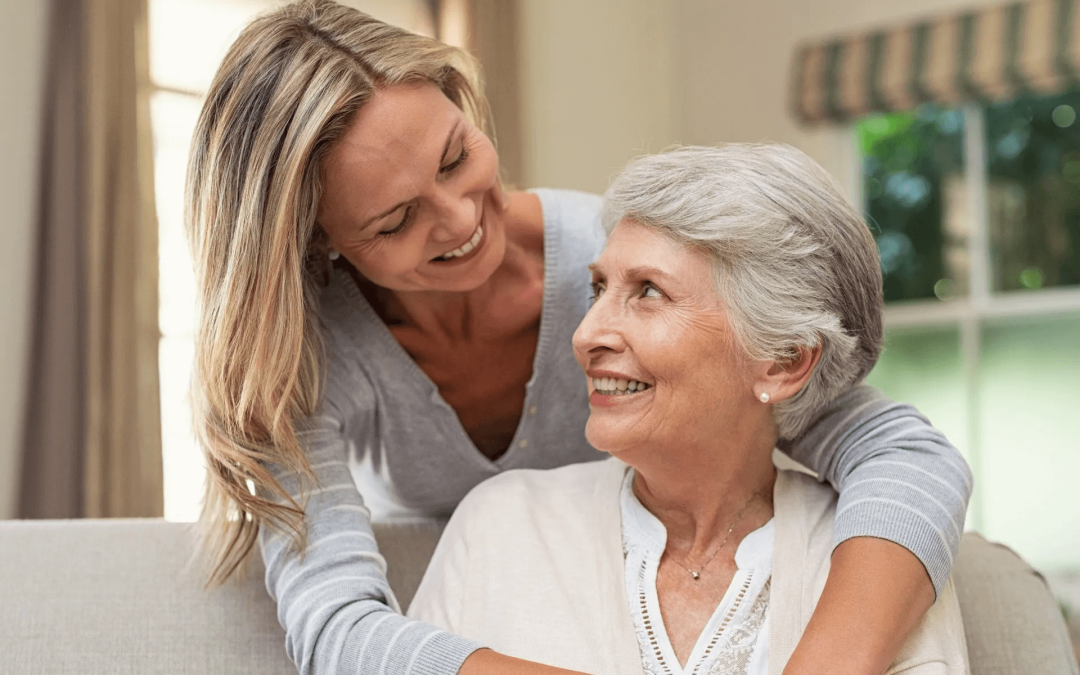Most of us have been taught to respect our elders. Back in 1963, President John F. Kennedy proclaimed May as Senior Citizens month which was later changed to Older Americans Month by President Jimmy Carter in 1980. The National Academy of Elder Law Attorneys (“NAELA”) now refers to May as Elder Law Month.
As an elder law attorney, I advocate for senior citizens and their families. Who knew that the year 2020 would be so extremely devastating for seniors in the United States and around the world? No one can deny the effect COVID-19 had on those aged 65 and over. So many bad decisions were made by those entrusted with the care of our seniors and cracks that were already there turned into huge chasms. We cannot change what happened in 2020 but we can certainly learn from it and come up with a solution for when the next pandemic or crisis comes.
When the pandemic hit the U.S., so much was unknown about the virus; however, all eyes were on New York City as cases seemed to proliferate there. It did not take long to see that COVID-19 was becoming an almost guaranteed death sentence for some older persons, especially those with certain comorbidities. As the virus spread, it was clear that the elderly were the most vulnerable population and the most likely to succumb to COVID-19. Nursing homes and assisted living facilities (“ALFs”) went on lockdown, not allowing any outside visitors into their residences. While I understand why these lockdowns occurred and don’t disagree with them, oversight was impossible and as we know, bad things happened.
In the pre-COVID-19 world, many nursing homes were understaffed so it wasn’t surprising with COVID-19, these nursing homes lost employees temporarily or permanently due to the pandemic. When any healthcare facility is understaffed, things are overlooked and neglect can happen; however, the problem during the pandemic with nursing homes especially, is that there was no accountability and no advocacy or only advocacy from afar. I had to advocate for a ward from afar and it was extremely frustrating but at least she had an advocate in place.
I was the guardian for an elderly lady who was a resident of a nursing home for approximately ten years. She had no comorbidities but was in her eighties, so I was very concerned for her health and well-being. I received a phone call that she was having problems breathing so they wanted to send her to the hospital to be tested for COVID-19. Several days later I received a call from the hospital stating they needed to find a new nursing home placement for her because her former facility was not accepting any patients due to COVID-19. For whatever reason, her former nursing home accepted her back and several days later the local newspaper broke a story that there was an outbreak of COVID-19 at this nursing home. My ward did contract COVID-19 and I was not informed until she had completely recovered. Although my ward survived, many did not and those families did not get the chance to say goodbye or give comfort to their elderly loved-ones during their last hours.
What can we learn from the pandemic when it comes to protecting our seniors? First, it is imperative that the elderly have advocates. The best way to ensure you have an advocate is by signing a financial power of attorney and an advance medical directive. If you or a loved one has not executed these documents, it is time to do so. Attorneys and their staff could not enter nursing homes or ALFs during the pandemic to meet with residents to effectuate drafting and executing powers of attorneys or advance medical directives. Powers of attorneys must be notarized to be valid and although Virginia allows for remote notarization, attorneys could not oversee the execution of these documents.
The second thing we can learn is to have an estate plan in place. As with powers of attorneys and advance medical directives, it was impossible to execute estate planning documents for residents of nursing homes and ALFs during the pandemic. For a last will and testament to be valid in Virginia, the will must be witnessed by two witnesses who are in the physical presence of the testator (person signing the will) and in the presence of each other. In addition, a notary is recommended to complete what is called a “self-proving affidavit” which states that the witnesses did in fact sign the document in each other’s presence and the presence of the testator. This was hard enough to do in an attorney’s office during the height of the pandemic due to social distancing rules and impossible to execute at a nursing home and ALFs since attorneys could not even have access to their clients.
The final thing we can learn, and this pertains to all of us, is to cherish our loved ones and spend as much time as possible with them. Show kindness and grace to those you do not know because you have no idea what battles they are fighting or those they have fought. As we reemerge from our homes and reintegrate into the world, remember how precious all lives are and let us not take our lives for granted. Be thankful for each new day and live it to the fullest.
